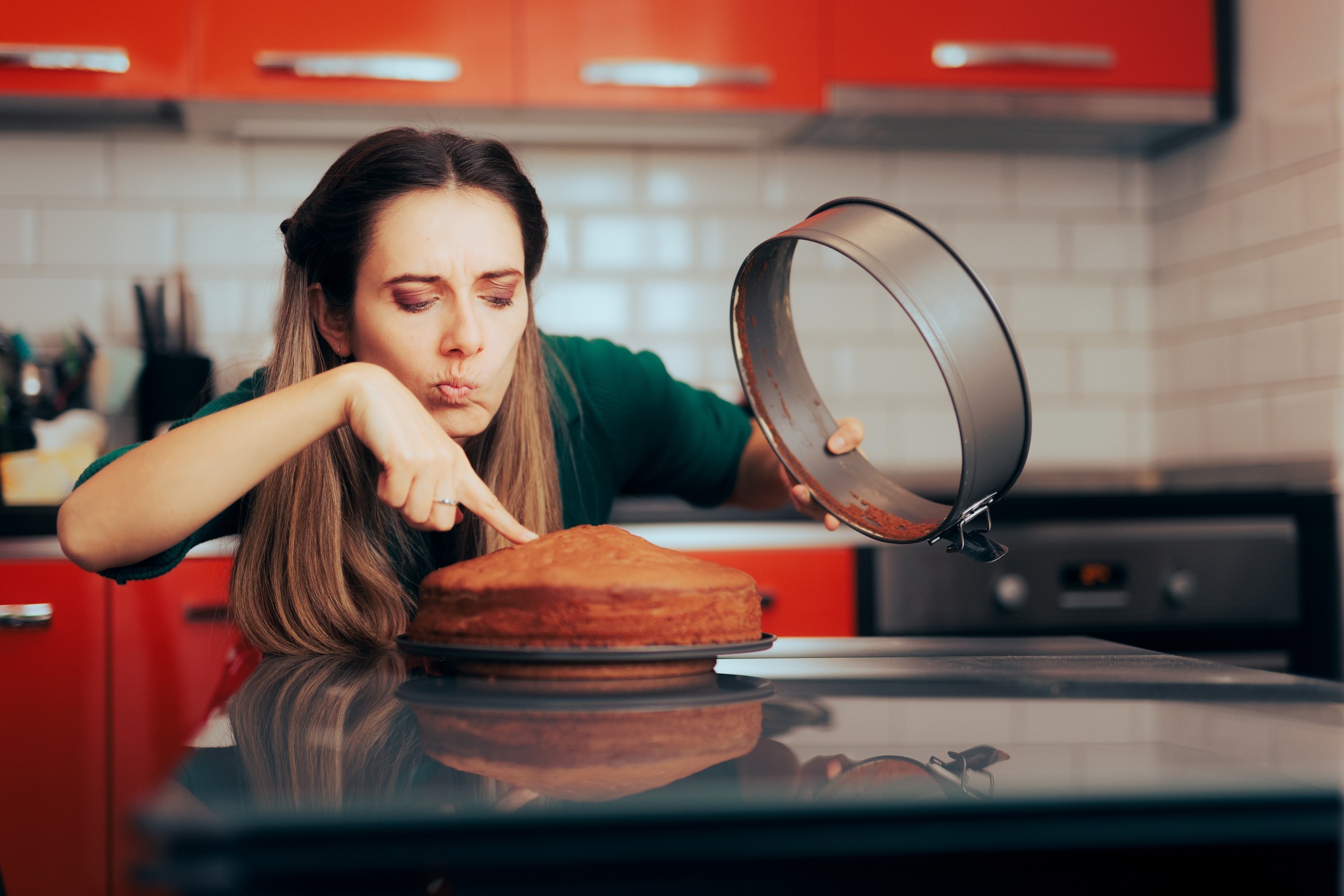Jack of all trades, master of none: the mum of my high school friend used to say that about her daughter and I was horrified.
We were 15, the world was at our feet and we dreamed of achieving excellence, dripping in wealth or at least national team selection for something.
Now I realise Mrs Kelly could have been talking about me, too – and so many of us.
And that it is okay.
Reaching for the stars is important, but too often we miss the lessons that come from simply giving something a red-hot go, doing our best and being satisfied when the result is not picture perfect.
In my middle adult years, I have learnt that perfection is overrated.

In Year 7, I did win a prize: for the most-accident-prone kid in my class.
That year, I broke both arms, dislocated my shoulder and was concussed and stitched up.
Even for a bruiser, the year was a doozy.
But I have never been a winner in the real sense.
A word lover, at school I was always second in English.
Do you have an opinion to share? Submit a Letter to the Editor at Sunshine Coast News via news@sunshinecoastnews.com.au. You must include your name and suburb.
I got a bronze medal once when I was 11 in a state swimming event.
I was a solid team member in hockey, netball, touch footy and school musicals (and while we probably had some high notes, mostly I was one of the crew, a member of the chorus).
And there is joy to be found there.
I like to think that what I lacked in talent, I made up for with enthusiasm.
Grinning does not come only with winning.
The vast field of research into why the world is being gripped, vice-like, in an epidemic of dissatisfaction has found that lauding excellence has spawned ‘insecure overachievers’: those who, despite being exceptional performers, still feel they fall short.

So much focus is on the glittering prize, as if anything less is failure.
We have not learnt to be satisfied with what local author Sheridan Stewart explores in her book I Am Enough.
Psychotherapist and paediatrician D.W. Winnicott contended that well-adjusted kids are nearly always the progeny of parents who were honest and flawed, loving and real.
Being good enough means working hard as an employee, but saying no when things are overwhelming.
It means eating well and exercising, but also indulging in a celebratory feast or occasionally sleeping in.
A good, happy life is not just one of stars and soloists.
More often, you can hear joy in life’s harmonies.
Dr Jane Stephens is a UniSC journalism lecturer, media commentator and writer.





